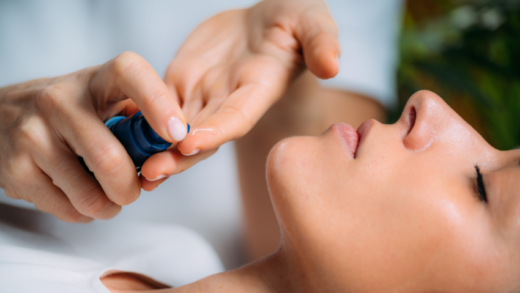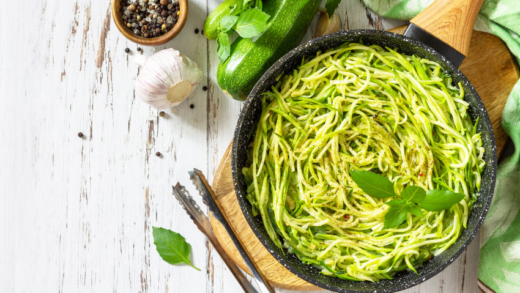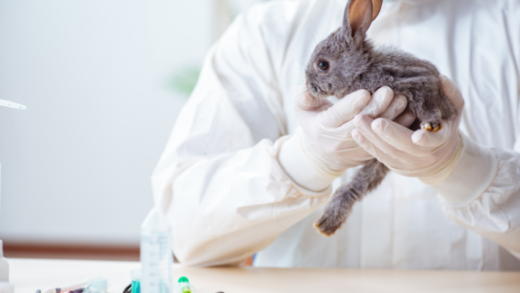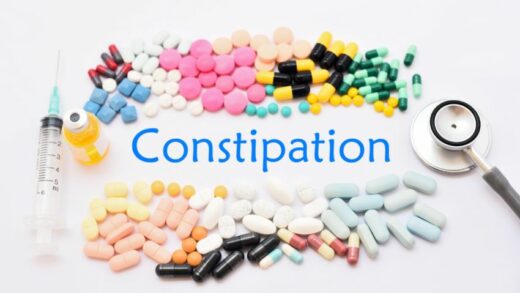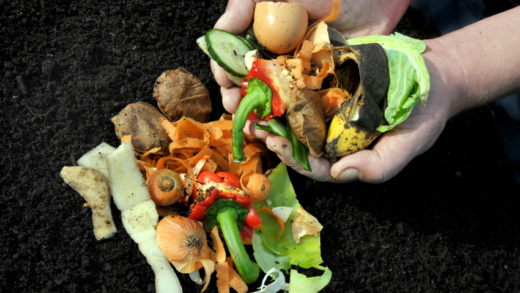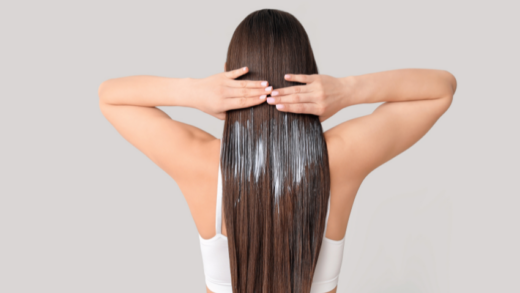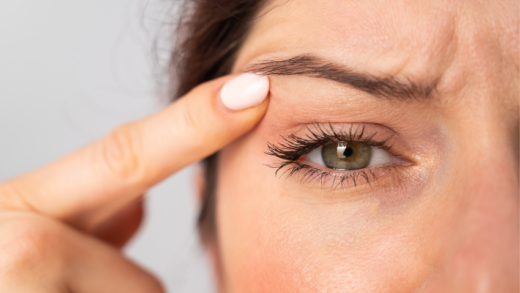Stress has become an integral part of our daily lives. Whether it’s work-related pressure, family commitments, or personal issues, stress can take a toll on our mental and physical well-being. Stress can lead to various health problems, including depression, anxiety, and heart disease. To manage stress effectively, it’s essential to learn and practice relaxation techniques. In this article, we’ll explore some of the most effective relaxation techniques to relieve stress.

-
Mindful Breathing: The Power of Focused Awareness
Mindful breathing is a powerful relaxation technique that involves bringing your attention to your breath and focusing on the present moment. This technique can be done anytime and anywhere, making it a convenient way to reduce stress levels. To practice mindful breathing, find a quiet place to sit or lie down, close your eyes, and bring your attention to your breath. Breathe deeply in through your nose, hold for a few seconds, and then exhale slowly through your mouth. Repeat this process, focusing your attention on your breath and letting go of any distracting thoughts. This technique can help you feel more relaxed, centered, and focused.
-
Progressive Muscle Relaxation: Release Tension and Let Go
Progressive muscle relaxation is a technique that involves tensing and relaxing each muscle group in your body, one at a time. This technique can help you release tension and let go of stress. To practice progressive muscle relaxation, find a quiet place to lie down, close your eyes, and start by tensing the muscles in your feet and toes for a few seconds, then relax them. Move up your body, tensing and relaxing each muscle group, including your calves, thighs, hips, stomach, chest, arms, hands, and face. This technique can help you feel more relaxed and reduce physical tension.
-
Yoga and Stretching: Mind-Body Connection
Yoga and stretching are great ways to connect your mind and body and reduce stress levels. These techniques can help you release tension, improve flexibility, and promote relaxation. To practice yoga or stretching, find a quiet place to practice, wear comfortable clothing, and choose a routine that feels good for your body. Whether you prefer gentle stretches or more challenging poses, take your time and focus on your breath as you move through each posture. This technique can help you feel more centered, relaxed, and balanced.
-
Guided Imagery and Visualization: Creative Visualization Techniques
Guided imagery and visualization techniques can help you visualize a calm and peaceful environment, reduce stress levels, and promote relaxation. To practice guided imagery and visualization, find a quiet place to sit or lie down, close your eyes, and imagine yourself in a calming environment, like a peaceful beach or a quiet forest. Focus on the details of the environment, including the sights, sounds, and smells. This technique can help you feel more relaxed and reduce mental stress.
-
Nature Therapy: Connect with the Outdoors
Nature therapy is a technique that involves spending time in nature to reduce stress levels and improve your overall well-being. This technique can help you connect with the outdoors, reduce mental stress, and promote relaxation. To practice nature therapy, spend time in a natural environment, like a park, beach, or forest. Take a walk, breathe in the fresh air, and connect with the beauty of nature. This technique can help you feel more grounded, relaxed, and rejuvenated.
-
Self-Massage and Aromatherapy: Indulge in Self-Care
Self-massage and aromatherapy are great ways to indulge in self-care and reduce stress levels. Self-massage can help you release physical tension and promote relaxation, while aromatherapy can help you reduce mental stress and promote a state of calm. To practice self-massage, use gentle circular motions to massage your neck, shoulders, back, and other areas where you hold tension. You can also use a foam roller to release tension in your muscles. To practice aromatherapy, use essential oils like lavender, peppermint, or eucalyptus to create a calming and relaxing environment. You can use a diffuser to disperse the oils into the air, or apply them topically to your skin.
Bullet Points
- Deep breathing can help reduce stress and anxiety by slowing down the heart rate and lowering blood pressure.
- Progressive muscle relaxation involves tensing and relaxing different muscle groups in the body, helping to release physical tension and promote relaxation.
- Mindfulness meditation involves focusing on the present moment, observing thoughts and sensations without judgment, and promoting a sense of calm and balance.
- Yoga and stretching can help reduce stress by improving flexibility, reducing muscle tension, and promoting relaxation.
- Visualization techniques can help create a calming and peaceful mental image, promoting relaxation and stress relief.
FAQs
What are the benefits of relaxation techniques?
Relaxation techniques can help reduce stress, anxiety, and depression. They can also improve sleep quality, boost the immune system, and promote overall well-being.
How often should I practice relaxation techniques?
It’s best to practice relaxation techniques regularly, at least once a day. You can practice them in the morning or before bedtime to promote relaxation and reduce stress levels.
How long does it take to see the effects of relaxation techniques?
The effects of relaxation techniques can vary from person to person. Some people may experience immediate relief, while others may take a few weeks to notice the benefits. Consistent practice can help achieve better results.
Can relaxation techniques be used as a substitute for medical treatment?
While relaxation techniques can help reduce stress and improve overall well-being, they should not be used as a substitute for medical treatment. If you have a medical condition or are under medication, consult your healthcare provider before practicing relaxation techniques.
Which relaxation technique is the best for me?
The best relaxation technique depends on your personal preferences and lifestyle. Try different techniques to find what works best for you.
Can relaxation techniques replace medication for stress and anxiety?
While relaxation techniques can be a helpful complement to medication, they should not be used as a replacement for medical treatment. Always consult with a healthcare professional for the best treatment plan for your specific needs.
Conclusion
In today’s fast-paced world, relaxation techniques are essential to manage stress and anxiety effectively. By incorporating these techniques into your daily routine, you can improve your mental and physical well-being and lead a more balanced and fulfilling life. Start with a simple technique and practice it consistently. As you become more comfortable, you can explore and incorporate other techniques to create a more personalized relaxation routine that works best for you. Remember, taking care of your mental health is just as important as taking care of your physical health.
